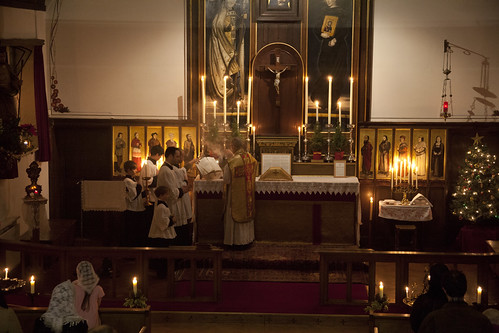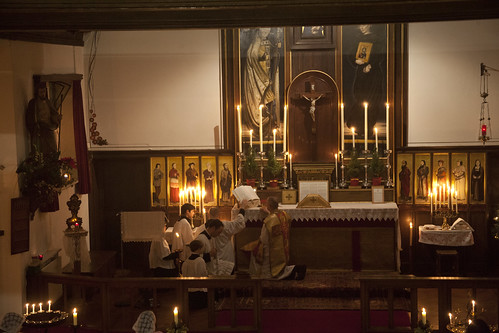
The dates of the Church's major feast days are in no way random. They have deep historical and cultural roots, and immense theological significance. The Church uses the calendar to teach us things, and the means she employs include the intervals between feast days.
Thus, most obviously, the Ascension is 40 days after Easter. 40 is the time of waiting we find in the Old and New Testament. Moving the feast of the Ascension not only obscures this, but mucks up the interval between the Ascension and Pentecost: nine days, a novena of preparation for the Holy Spirit to descend.
Corpus Christi is on a Thursday after Easter because it recalls the mystery of Maundy Thursday. The symbolism is destroyed if it is moved to Sunday.
Epiphany is the Twelfth Day of Christmas: it can't be moved without damage to all the cultural associations this has. It is the primary feast of Christmas for many Oriental Churches. It was celebrated on 6th of January by the Emperor Julian in the year 360. This is pretty well as far as detailed records go back for many aspects of the liturgy. To move it is surely an act of barbarism.
SS Peter and Paul, 29th June, which gets shunted to Sunday if it falls on Saturdays and Mondays, is not only extremely ancient but it a vital link with the Orthodox. Bl Pope John Paul II used to celebrate it with the Ecumenical Patriarch.
All Saints suffers the same fate despite the fact that it is inseparably related to Halloween before it and All Souls after it.
Perhaps we should be grateful that the other Holy Days of Obligation listed in the Code of Canon Law are not days of precept in England and Wales, so we can at least celebrate them on the days the universal Church has established for them.
The Octave Day of Christmas, 1st Jan: it would obviously be absurd to celebrate the Octave on a day other than the Octave, the eighth day. It would equally be absurd to move it away from a public holiday. In Catholic countries, feasts important in the nation's spirituality are frequently public holidays. Here we have a tailor-made public holiday, and it is still too much to suggest we go to Church to celebrate the feast, whether we call it the Circumcision or the Feast of Our Lady Mother of God.
The Immaculate Conception, 8th December, is exactly nine calendar months before the Feast of the Birthday of Mary, 8th September. How cool is that? The feast also represents an English contribution to the development of the calendar; it spread to the Continent from England (and other places) in the 12th century. It was called the 'Conception of Mary' until the dogma was defined in 1854.
The Assumption, 15th August, has been celebrated on that day since 7th century, and is a public holiday in Catholic countries around the world.
The Feast of St Joseph (Spouse of the Blessed Virgin Mary), 19th March, is seven days before the Feast of the Annunciation ('Lady Day') on 25th March.
In all these cases, of courses, these are the dates the Holy Father celebrates the feasts in the Vatican. Is it really too much to ask that Latin Rite Catholics in England be allowed to celebrate the most important feasts of the calendar in union with the Pope?
On the business of moving feasts from Saturdays and Mondays, it would surely be better, if the Bishops honestly think we are too feeble to attend Mass two days in a row, to remove the precept without moving the celebration of the feast itself, so those who want to and are able can attend Mass on the traditional day, and the sequence of Sundays is not disrupted unnecessarily. This is what they do in the United States, for example.
However, as I shall argue tomorrow, the precept itself is important.
 |
| All kneel at the point in the Gospel of the Epiphany where the Magi kneel to the Christ child. |
The Bishops made a huge mistake tinkering with Holydays. Some are Holydays of Obligation one year, just an ordinary day the next if it happens to fall on a Saturday or Monday. People are now confused and largely no longer bother attending on such days. Who can blame them?
ReplyDeleteYet more chipping away at what makes us Catholic, Perhaps that is what their Lordships want?
Only in certain dioceses, e.g. the Province of Los Angeles is the precept removed. I know this is the case for Mary, Mother of God/Circumcision of the Lord on the Octave Day of Christmas. I know in the Province of Baltimore All Saints was even moved to Sunday (which makes no sense: in the Ordinary Form at least, All Souls is always celebrated on November 2, even on Sunday).
ReplyDelete"SS Peter and Paul, 29th June, which gets shunted to Sunday if it falls on Saturdays and Mondays, is not only extremely ancient but it a vital link with the Orthodox. Bl Pope John Paul II used to celebrate it with the Ecumenical Patriarch."
ReplyDeleteThe Orthodox still send a representative to the Vatican on the Feast of St. Peter and Paul. The Pope sends a representative to the Ecumenical Patriarch on the Feast of St. Andrew.
The 12 days of Christmas begin on Christmas Day. Thus Jan. 5 is the 12th day of Christmas (count them!) and 12th night must be the eve of the Epiphany.
ReplyDelete